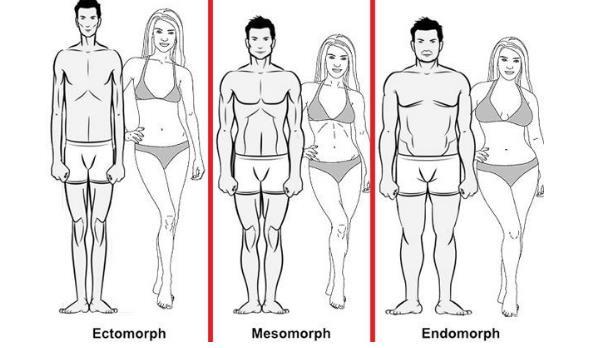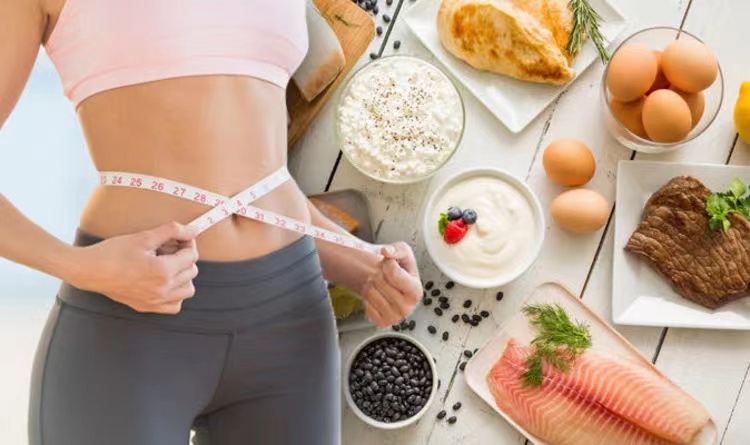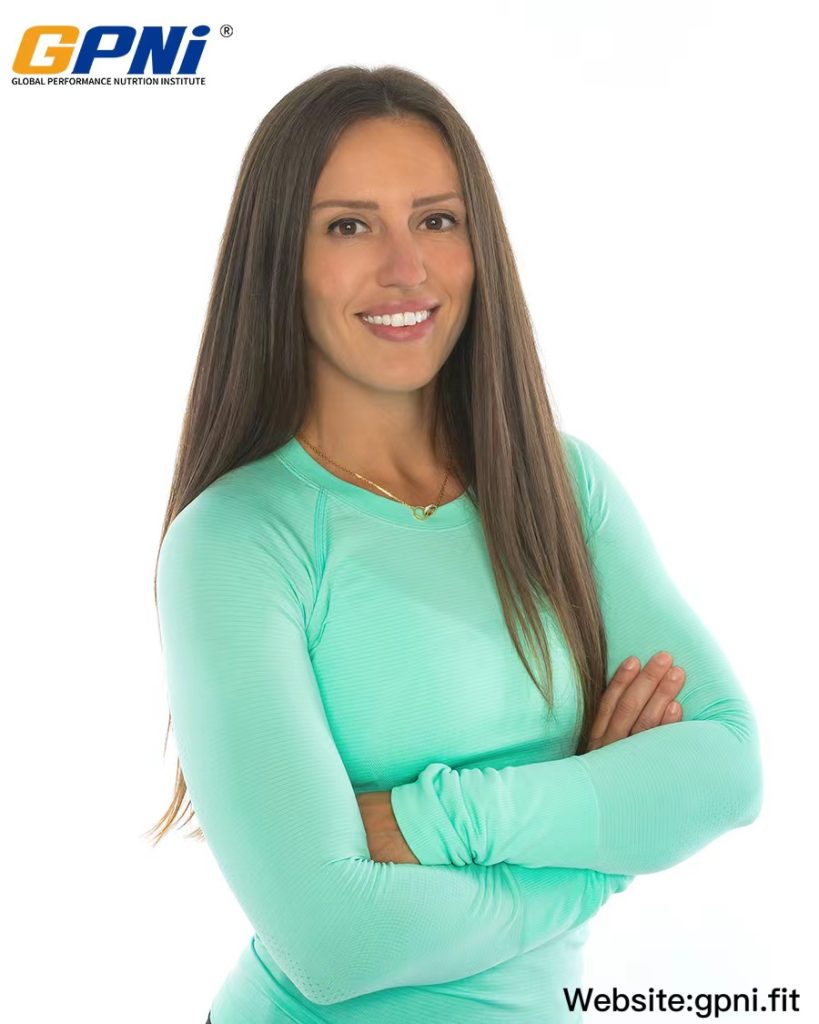EDITORIAL BY CASSIE EVANS
Numerous trainers and practitioners have all heard the infamous line “I am doing everything right, eating nutritious foods, exercising and still not seeing the results I want”. Modifying lifestyle behaviors and adopting healthy habits isn’t always easy. Fueled by frustration, individuals grasp at anything that promises them the results they’re not getting. One such straw that some grasp is the notion that eating and exercising for their body type is the solution.
First, let’s cover what the three basic body types (somatotypes) are: ectomorph, endomorph and mesomorph. These terms are classifications based on physical characteristics including skeletal frame and body composition. Endomorphs are characterized by high body fat percentages and with body fat being distributed more around the hips and midsection. Mesomorphs are muscular and described as having a medium build. Ectomorphs are thin and have a smaller build compared to the other somatotypes.

This concept was initially coined by a psychologist in the 1940’s who theorized that body type could predict personality traits. Somewhere along the way, practitioners in the health and nutrition industry began making nutrition and exercise recommendations based on body type. Common recommendations include specific micronutrition distributions such as endomorphs should consume less carbohydrates and fat because they are prone to higher body fat percentages or ectomorphs can consume high amounts of carbohydrates because they “handle them” better. Similar recommendations are made for exercise. For example, endomorphs should only focus on training programs that promote decreases in bodyfat. Before diving into the research, here are a few clues that this concept is fraught with errors. First, carbohydrates and fat do not make a person “fat”. There are many more factors that influence changes in weight and body composition. Higher protein intakes do support favorable changes in body composition irrespective of body type. Next, exercise prescription should be based on the individual’s goal and these goals don’t always have to be based on body composition. Some people want to improve cardiovascular fitness or hit a new 1RM.

The picture originates from the internet
There is limited research on the direct effects of eating and exercising for body type. However, there are studies that have reported correlations between body types and health status. In physically active men, body type was correlated with better performance on 3RM back squat. Other studies have found certain body types are correlated with an increased risk for cardiovascular disease or obesity. Interestingly, a few studies reported body type being used as a predictor for disordered eating behaviors. Given this information, it is clear that somatotype is better suited as tool that can describe the body and potentially be used as a health indicator, much like BMI or waist-to-hip ratio.
No matter what a person’s body type may be, nothing beat consistency and creating recommendations based on the individual (I probably sound like a broken record by now!). Consuming a variety of nutrient-dense foods and fun foods and incorporating movement of any kind will always be the key to health. The body is adaptable and body composition changes throughout life hence recommendations should always be centered on the goals of a person not their body type.

Cassie Evans (MS, RD, CISSN). Official Editorial Writer for GPNi®.
Cassie Evans is a registered dietitian and a published researcher. She has studied sports nutrition and completed an internship with the University of Miami Sports Nutrition Team and Nova Southeastern University’s sports performance team. She holds a Bachelor of Science in Exercise and Sports Science and received her CISSN in 2018. She is currently pursuing her doctorate in Human and Sports Performance from the Rocky Mountain University of Health Professions.
References:
- The Varieties of Human Physique: An Introduction to Constitutional Psychology. JAMA.1940;115(15):1303. doi:10.1001/jama.1940.02810410069045
- Ryan-Stewart H, Faulkner J, Jobson S. The influence of somatotype on anaerobic performance. PLoS One. 2018;13(5):e0197761. Published 2018 May 22. doi:10.1371/journal.pone.0197761
- Drywień, Małgorzata & Frackiewicz, Joanna & Górnicka, Magdalena & Ważna, Beata & Zielińska, Paulina & Wójcik, Katarzyna & Kulik, Stanisław. (2017). Somatotype, diet and nutritional status of women. Anthropological Review. 80. 10.1515/anre-2017-0028.
- Valkov J, Matev T, Hristov I. Relationship between somatotype and some risk factors for ischemic heart disease. Folia Med (Plovdiv). 1996;38(1):17-21.
- Sobral F, Vasconcelos O. Perceived somatotype as indicator of accuracy of body image, a method using somatotype attitudinal distance. Percept Mot Skills. 1996;82(3 Pt 2):1107-1110. doi:10.2466/pms.1996.82.3c.1107
- Alvero-Cruz JR, Mathias VP, García-Romero JC. Somatotype Components as Useful Predictors of Disordered Eating Attitudes in Young Female Ballet Dance Students. J Clin Med. 2020;9(7):2024. Published 2020 Jun 27. doi:10.3390/jcm9072024







